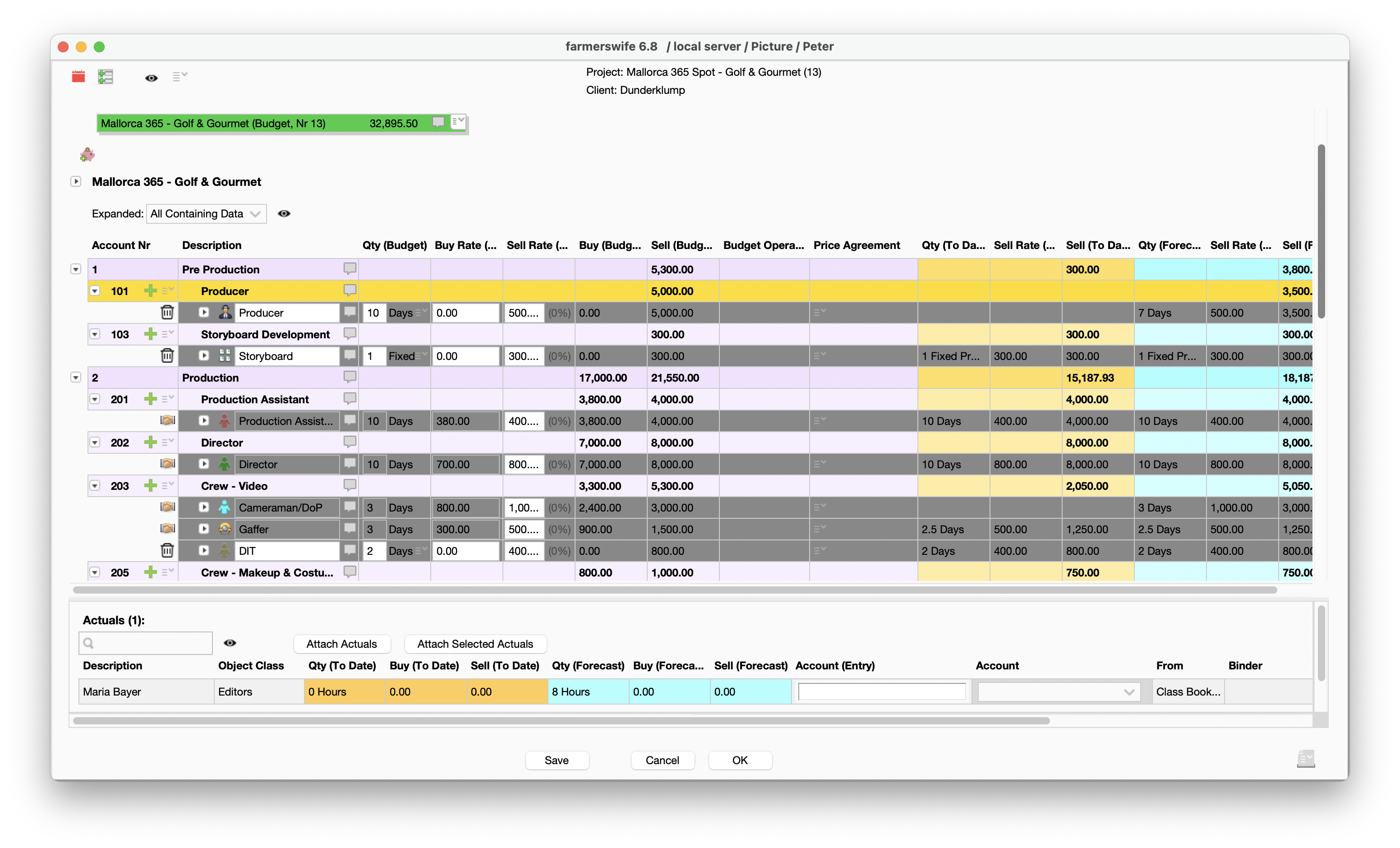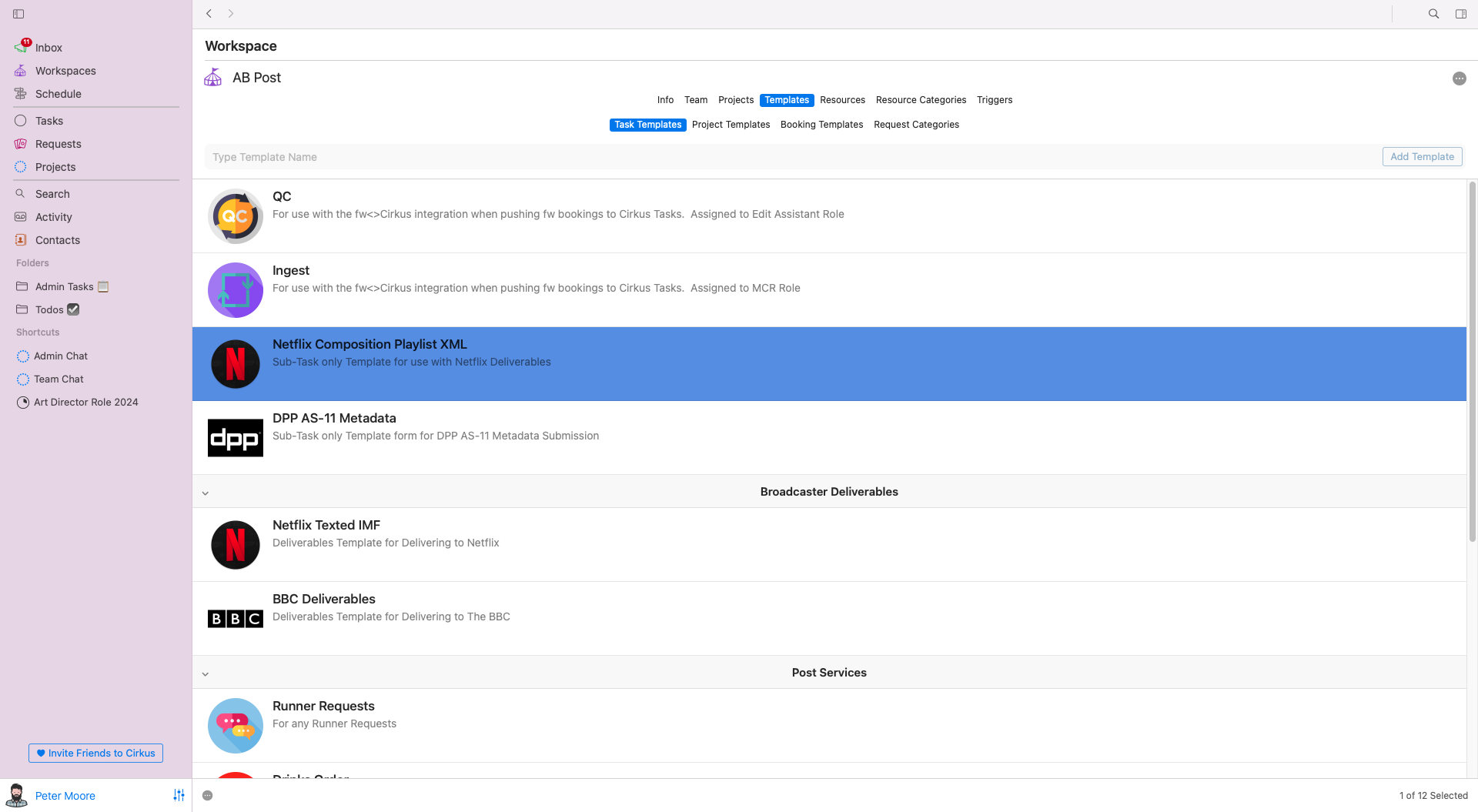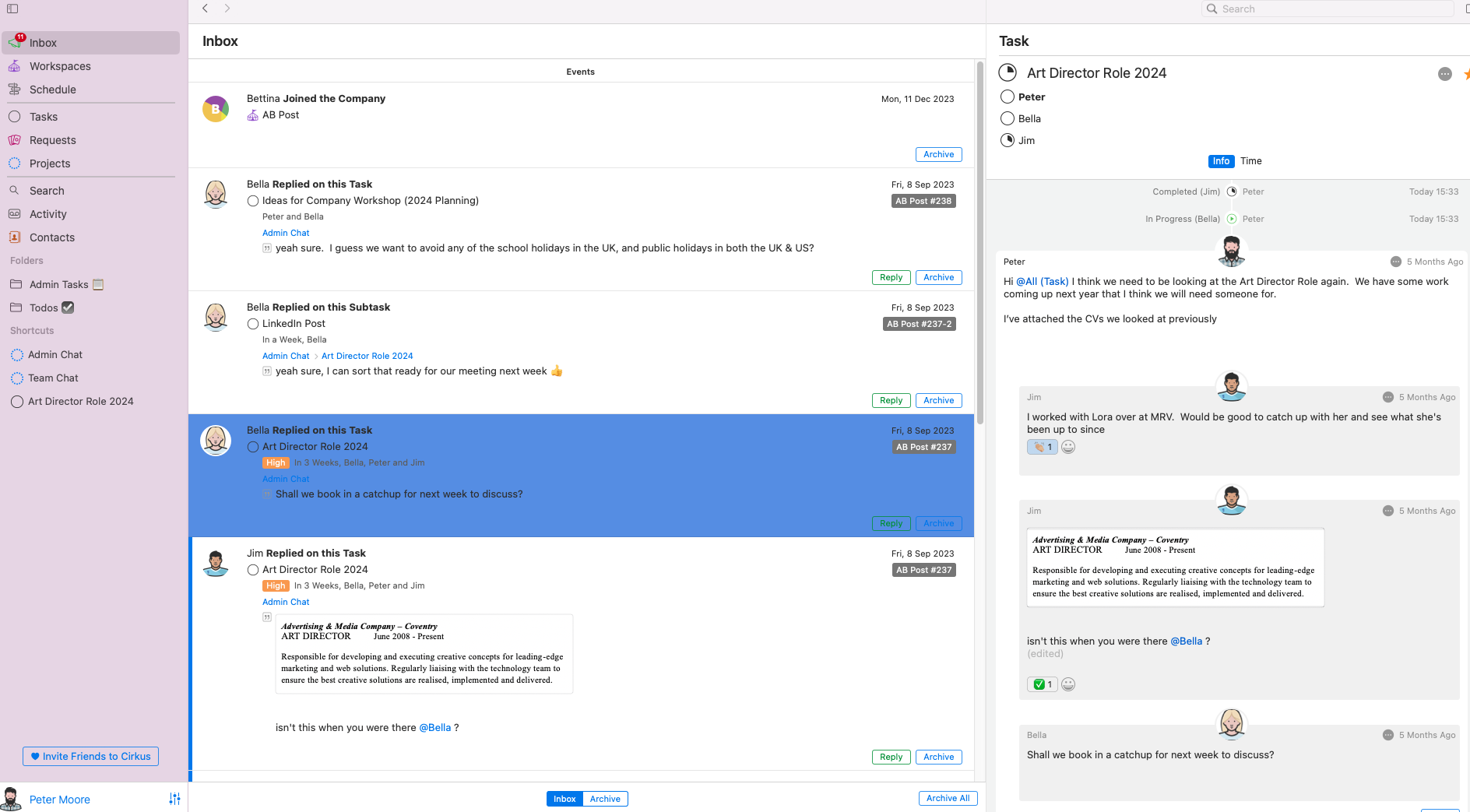In today's dynamic business landscape, effective process management is the cornerstone of organizational success. With the rapid advancement of technology and increasing complexity of projects, businesses are turning to robust solutions like farmerswife and Cirkus to streamline their operations and enhance project management. In this comprehensive guide, we will delve into the intricacies of process management, its importance, and how leveraging tools like farmerswife and Cirkus can revolutionize project management practices.
Understanding Process Management: Definition, Importance, and Key Principles
Process Management Explained
Process management encompasses the strategic crafting, execution, and refinement of workflows and procedures to efficiently achieve organizational objectives. This involves a systematic approach to designing, documenting, and optimizing processes across various departments and functions. By breaking down complex tasks into manageable steps, defining roles and responsibilities, establishing clear communication channels, and implementing performance metrics, organizations can ensure smoother operations. Moreover, process management extends beyond execution, requiring continuous evaluation and improvement to adapt to evolving business environments and market dynamics.
Why Process Management is Important for Modern Businesses
The importance of process management for modern businesses cannot be overstated. In today's dynamic market, organizations face increasing pressures to deliver projects on time, within budget, and with high quality. Robust process management strategies enable businesses to navigate these challenges effectively and maintain a competitive edge.
farmerswife and Cirkus play a crucial role by offering comprehensive tools for workflow optimization, task automation, and resource management. These platforms foster collaboration, ensure seamless project execution, and promote a culture of continuous improvement.
Process Management: Types and Applications
Process management encompasses various types of processes, which involve structured activities and tasks performed by an organization's staff and stakeholders to achieve specific goals. These processes may be recurring or project-specific, requiring tailored management strategies based on their unique characteristics. Let's delve deeper into the main types of processes for a better understanding:
Business Process Management (BPM): A Closer Look
Business Process Management (BPM) is a holistic approach to optimizing workflows, aligning with strategic goals, and fostering innovation. By analyzing, designing, and continuously improving processes, BPM enhances efficiency and reduces costs. farmerswife and Cirkus software offer robust BPM capabilities for seamless process optimization, standardization, and innovation in modern businesses.
Project Management within the Process Framework
Effective project management is essential for delivering projects on time and within budget. Integrating project management into the process framework ensures seamless execution and alignment with business objectives.
Workflow Management: Streamlining Your Operations
Workflow management focuses on optimizing the flow of tasks and information within an organization, eliminating bottlenecks, and improving productivity.
Exploring Robotic Process Automation (RPA) in Process Management
RPA leverages automation technology to streamline repetitive tasks, reduce errors, and enhance efficiency in process management.
The Advantages of Adopting Process Management
Discover the key benefits of embracing process management:
Improving Efficiency Across Operations
By streamlining workflows and eliminating inefficiencies, process management improves overall operational efficiency, enabling organizations to achieve more with fewer resources.
Enhancing Customer Satisfaction
Efficient processes result in faster response times and higher-quality deliverables, ultimately leading to increased customer satisfaction and loyalty.
Achieving Cost Savings and Financial Optimality
Optimizing processes not only eliminates wastage and unnecessary costs but also leads to substantial savings and enhanced financial performance. By utilizing a tool like farmerswife, you can easily access and update all financial data within your projects. From managing project quotes and budgets to forecasting costs and revenue in real-time, this tool provides a centralized platform for seamless invoicing preparation – all in one convenient location.
"farmerswife not only did it allow us to double the number of invoices we could send out, resulting in an impressive additional turnover of 200,000 euros in the first year alone, but it also completely revolutionised our approach to tracking work." - Remco Mastwijk, CEO of Filmmore.

Improved Decision-Making Processes
With clear visibility into workflows and performance metrics, organizations can make data-driven decisions to drive continuous improvement and innovation.
Practical Steps to Implement and Optimize Your Process Management System
Here are four essential steps to effectively implement and optimize your process management system:
1. Educating Your Team
Effective implementation of process management requires buy-in from all levels of the organization. Educating and training employees on the benefits and practices of process management is crucial for success.
2. Defining Goals and Objectives
Clearly defined goals and objectives provide a roadmap for process management implementation and ensure alignment with organizational strategy.
3. Mapping and Analysis: Understanding Your Current Processes
Analyzing existing workflows and identifying areas for improvement lay the foundation for optimizing processes and maximizing efficiency.
4. Identifying and Acting on Improvement Opportunities
Continuous monitoring and feedback enable organizations to identify opportunities for improvement and implement changes to enhance process efficiency.
Navigating the Challenges of Process Management Implementation
Introducing a new process management system can present a variety of hurdles for organizations to overcome. Here are some of the typical challenges that may arise during this implementation phase:
Overcoming Resistance to Change
Resistance to change is natural but can impede the implementation of process management initiatives. Effective change management strategies, such as communication and stakeholder engagement, are essential for overcoming resistance and driving adoption.
Building Buy-in
Creating a culture that values process improvement and encourages employee participation fosters buy-in and commitment to process management initiatives.
Resource Management
Resource management is crucial for successful process management with farmerswife and Cirkus software. These tools streamline resource allocation, scheduling, and tracking, minimizing conflicts and enhancing project efficiency. Clear visibility into resources allows for informed decision-making, anticipating bottlenecks and driving project success and productivity.
Ensuring Effective Data Management and System Integration
Integrating process management tools like farmerswife and Cirkus with existing systems and ensuring data accuracy and integrity are critical for seamless operations.
Leveraging Tools and Techniques for Enhanced Process Management
Utilizing Process Management Templates for Efficiency
Revamped templates offer a standardized framework for implementing processes, saving valuable time and resources. The Cirkus template streamlines process execution by providing a structured approach to efficient workflow management, task delegation, and project coordination. This comprehensive layout enhances productivity and organization within teams, fostering consistency, clarity, and collaboration. By integrating trusted methodologies, these templates expedite implementation and reduce errors, allowing teams to concentrate on achieving goals rather than getting caught up in process design intricacies.

Creating Flow Diagrams for Clarity and Communication
Visual representations of workflows and processes enhance understanding and facilitate communication across teams and departments. Utilizing a platform such as Cirkus will elevate your team's collaboration to new levels, allowing for seamless file sharing, mentions, and providing clear visibility into your projects, milestones, and the progress of each task and project.

Evaluating Process Success and Identifying Improvement Areas
Consistently assessing and measuring process performance allows organizations to pinpoint key success indicators and uncover areas for enhancement. Utilizing project management software enables you to capture crucial data, pinpoint improvement opportunities, and effectively manage your time for optimal results.
Conclusion
In conclusion, effective process management is essential for modern businesses to thrive in today's competitive landscape. By leveraging tools like farmerswife and Cirkus software, organizations can streamline operations, enhance project management practices, and achieve greater efficiency, ultimately driving success and innovation. Embracing process management as a core organizational strategy enables businesses to adapt, grow, and excel in an ever-evolving marketplace.